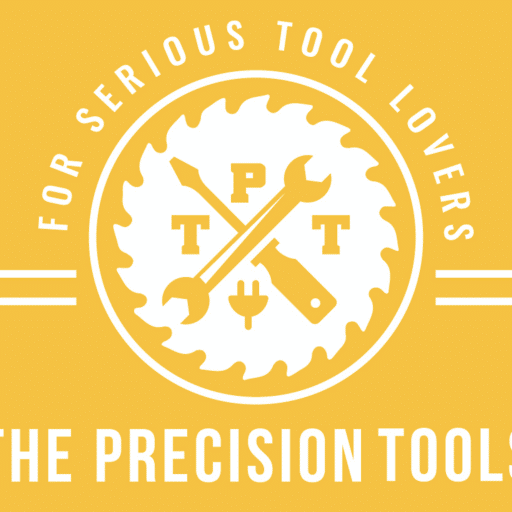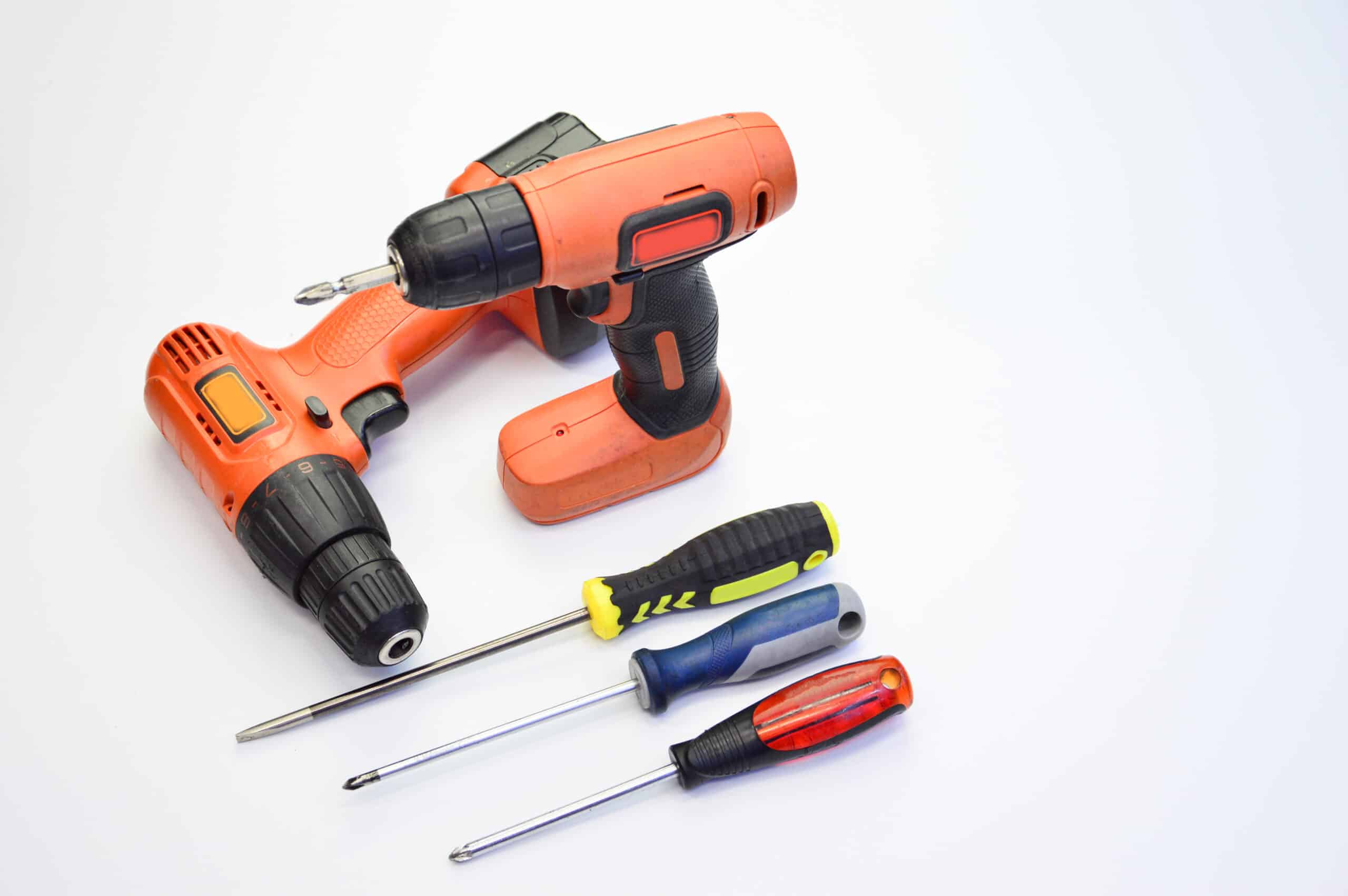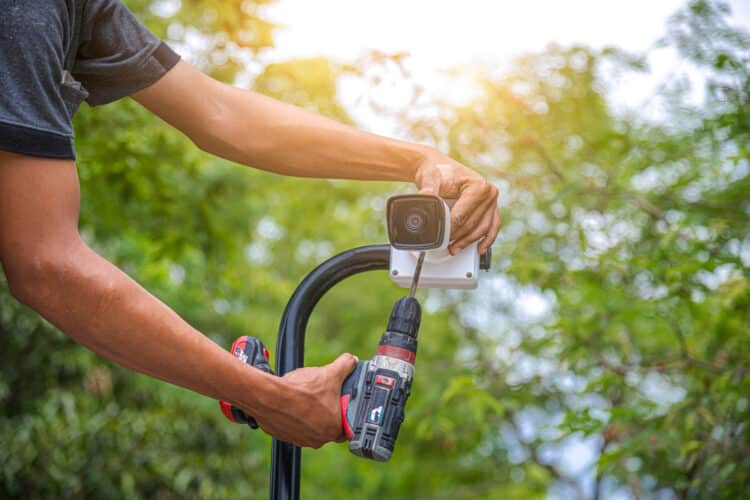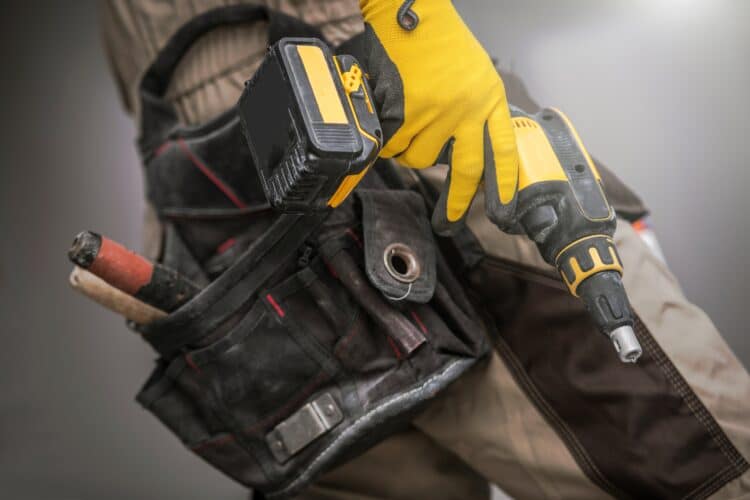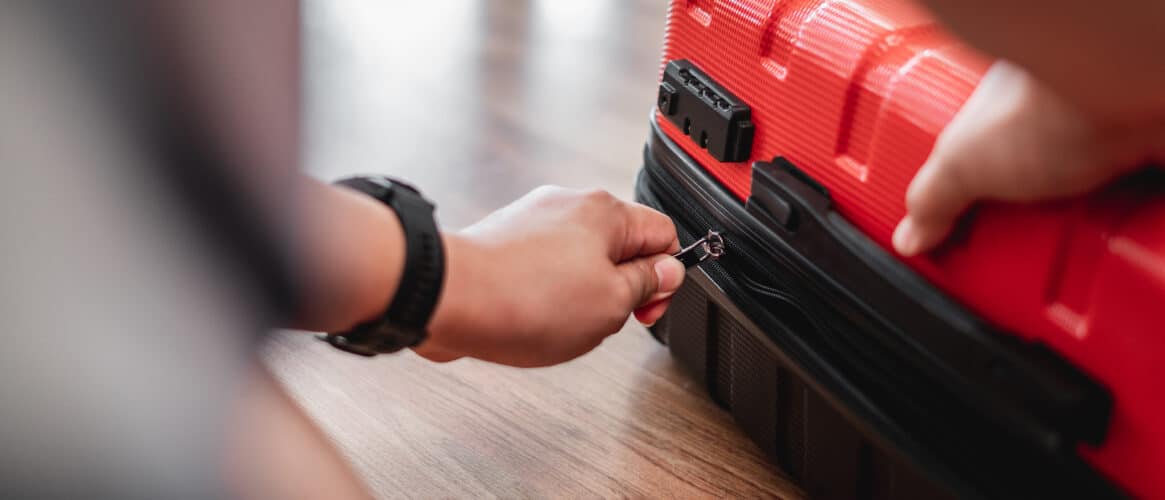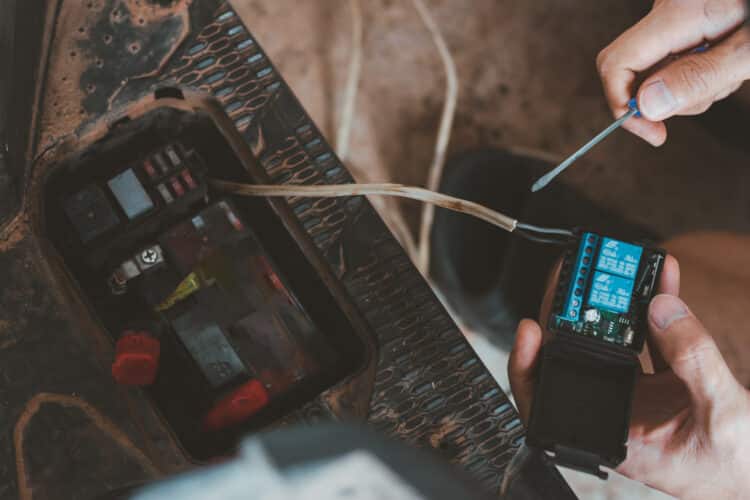How to Select the Right Screwdriver for a Job
Key Takeaways
- The article discusses the different types of screwdrivers and their uses, including flat head, Phillips, Torx, hex, Robertson, offset, ratcheting, and precision screwdrivers.
- When selecting the right screwdriver, it is important to consider the type of screw and its corresponding notch or head shape, the specific project or task at hand, and the comfort of the handle and durability of the shaft material.
- Electric screwdrivers can be a useful addition to a toolkit and should be considered based on the frequency of use and personal needs.
When it comes to DIY projects or repairs, having the right tools is crucial. One tool that you will often need is a screwdriver. However, with so many different types of screwdrivers available, it can be challenging to know which one to choose for a specific job. In this article, we will explore the various types of screwdrivers and their uses, as well as provide tips on how to select the right screwdriver based on the type of screw you are working with.
Types of Screwdrivers and Their Uses
Before we dive into how to select the right screwdriver, let’s first familiarize ourselves with the different types of screwdrivers and their uses. While there may be other types not mentioned in this article, we will focus on the most common ones:
- Flat Head Screwdriver: This type of screwdriver is used for tightening or loosening screws with a linear notch.
- Phillips Screwdriver: The Phillips screwdriver is designed for driving or removing screws with an X-shaped notch.
- Torx Screwdriver: Torx screwdrivers have a six-pointed star-shaped notch and are commonly used in automotive engineering.
- Hex Screwdriver: Hex screwdrivers are used for loosening or tightening screws with a hexagonal notch.
- Robertson Screwdriver: This screwdriver is used for tightening or removing screws with a square-shaped notch.
- Offset Screwdriver: Offset screwdrivers are handy in tight spaces with limited vertical clearance.
- Ratcheting Screwdriver: These screwdrivers allow for quickly removing or tightening fasteners without repositioning the screwdriver.
- Precision Screwdriver: Precision screwdrivers are used for repairing appliances, working with electronics, and fixing glasses.
Now that we have a basic understanding of the various types of screwdrivers, let’s explore how to select the right screwdriver for a job.
Choosing the Right Screwdriver
When it comes to selecting the right screwdriver for a job, there are a few factors to consider:
1. Type of Screw and Notch Shape
The first step in choosing the right screwdriver is to consider the type of screw you are working with and its corresponding notch or head shape. Different screws require specific screwdriver types. Here are a few examples:
- For flathead screws, choose a screwdriver with a tip that matches the width of the screw notch.
- For Phillips screws, select a screwdriver size that matches the head’s size (usually indicated by a number).
- For Torx screws, use a screwdriver with a tip that matches the size of the six-pointed star-shaped notch.
- For hex screws, choose a screwdriver that corresponds to the size of the hexagonal notch.
- For Robertson screws, use a square-drive screwdriver that matches the size of the square-shaped notch.
2. Project or Task at Hand
Consider the specific project or task you are working on. Different screwdrivers are suited for different applications. For example:
- Precision screwdrivers are suitable for small screws and delicate electronics.
- Ratcheting screwdrivers are useful for working in tight spaces or when you need to quickly remove or tighten fasteners.
- Offset screwdrivers come in handy when you need to reach screws in narrow or slanting spaces where a regular screwdriver cannot work.
3. Handle Comfort and Shaft Material
When selecting a screwdriver, it’s essential to consider the handle’s comfort and the shaft material. A comfortable grip will make the job easier and reduce fatigue. Look for a handle that fits well in your hand and provides a secure grip. Additionally, choose a screwdriver with a durable shaft made of high-quality material to ensure it can withstand the demands of the task at hand.
4. Electric Screwdrivers
Electric screwdrivers can be a great addition to your toolkit, especially if you frequently work with screws. They can save time and reduce user fatigue. Consider battery-powered or corded electric screwdrivers based on your needs and the frequency of use.
Conclusion
Choosing the right screwdriver for a job is essential to ensure a successful outcome. By considering the type of screw and its corresponding notch or head shape, the project or task at hand, handle comfort and shaft material, and the option of electric screwdrivers, you can select the most suitable screwdriver for your needs. Remember to prioritize safety and invest in high-quality tools that will last for years to come.
Related Websites:
FAQs:
Q: Why is it important to select the right screwdriver for a job?
Using the correct screwdriver ensures secure and proper fastening, preventing damage to screws, materials, and tools. It also reduces the risk of accidents and enhances efficiency.
Q: What are the different types of screwdrivers available?
There are various types of screwdrivers, including slotted, Phillips, Torx, and more. Each type is designed for specific screw head types, ensuring a snug fit and optimal torque.
Q: How do I choose the right screwdriver tip shape?
Select the screwdriver tip shape based on the task at hand. For example, use a flat-tip (blade) for slotted screws, a pointed tip for precision work, and a star-shaped tip for Torx screws.
Q: Why are ergonomic handles important for screwdrivers?
Ergonomic handles provide comfort and reduce hand fatigue during prolonged use. They offer better grip and control, enhancing overall efficiency and preventing strain or injuries.
Q: How can I identify a well-made screwdriver?
To identify a high-quality screwdriver, look for factors like weight, balance, and brand reputation. Well-made screwdrivers use durable materials and construction, ensuring longevity and reliable performance.
